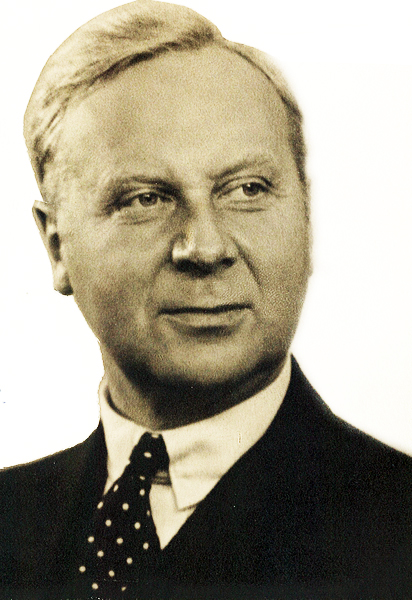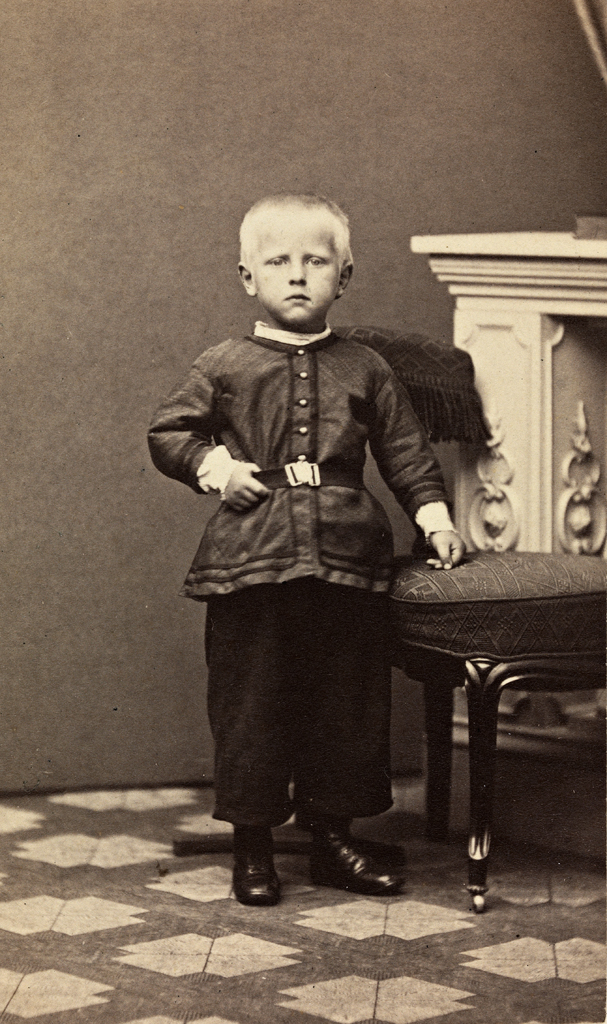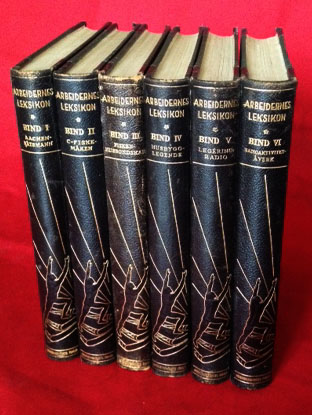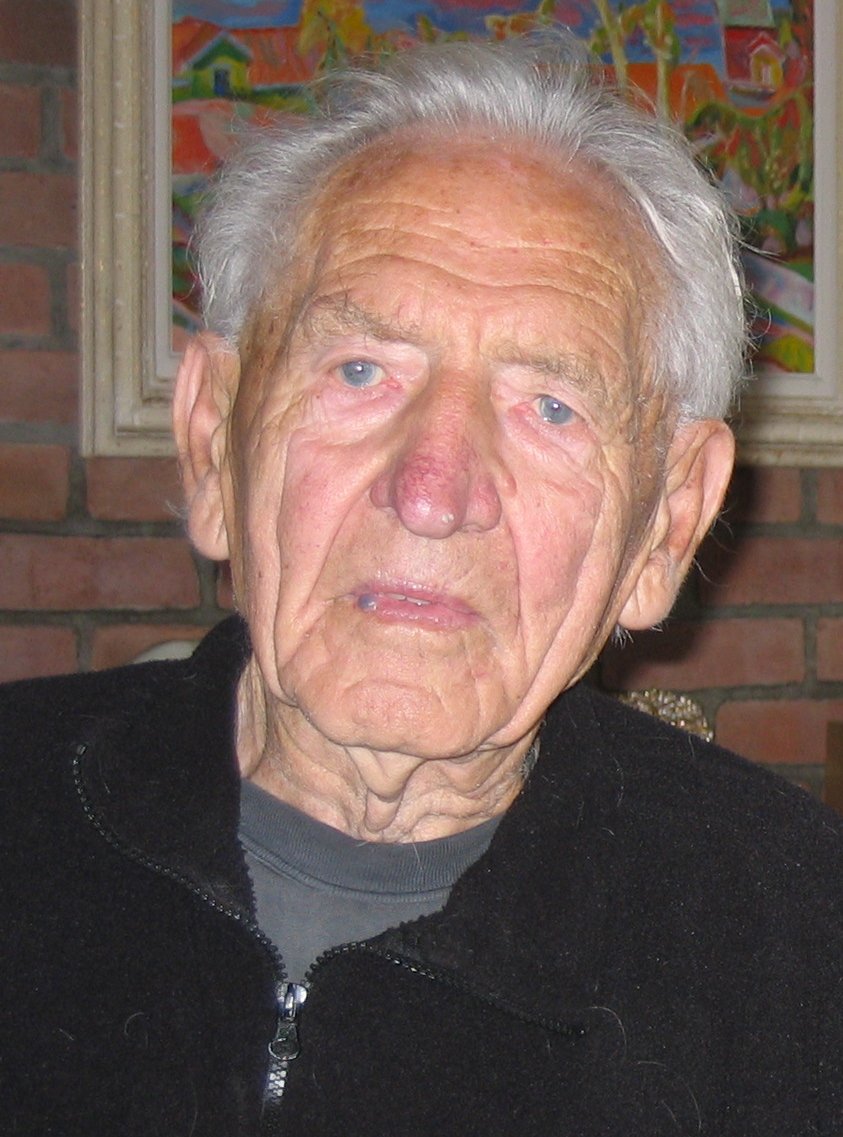|
Fedrelandslaget
The Fatherland League ( no, Fedrelandslaget) was a Norwegian right-wing, anti-communist political organisation in the interwar period. Founded in 1925, the movement aimed to unite all centre-to-right forces against the rise of the revolutionary Marxist labour movement. At its peak of popular support and political influence around 1930 it was the single largest mass movement ever organised on the political right in Norway, with an estimated 100,000 members. The movement began to decline through the 1930s, followed by some unsuccessful attempts to gain direct influence as a political party. The Fatherland League was banned and dissolved after the German occupation of Norway in 1940. History Mass movement By the initiative of young industrialist Joakim Lehmkuhl, the organisation was co-founded with national hero Fridtjof Nansen and Norway's first Prime Minister Christian Michelsen. Former Prime Minister Jens Bratlie also joined the organisation. The Fatherland League's goal wa ... [...More Info...] [...Related Items...] OR: [Wikipedia] [Google] [Baidu] |
Victor Mogens
Victor Andreas Emanuel Mogens (16 August 1886 – 17 January 1964) was a Norwegian journalist, editor and politician for the Fatherland League. Pre-war life and career He was born in Bergen, and grew up in Bergen, Trondheim, Kristiania and Holmestrand before returning to Bergen to finish his secondary education at Bergen Cathedral School in 1905. He then went through some years of law studies. He was a journalist in '' Landsbladet'' from 1910 to 1911, and was then hired in ''Verdens Gang'' where he soon became subeditor. He then edited the periodical '' Ukens Revy'' from 1914 to 1921 and his own magazine ''Utenrikspolitikken'' from 1921 to 1924, but the latter publication went defunct. He was a journalist in ''Vor Verden'' from 1927 and editor from 1929 to 1932. He also edited ''Norges Næringsveier''. Mogens had a parallel career in the Norwegian Broadcasting Corporation radio. He started as a foreign news journalist there in 1927, and soon started as a commentator. Some liked ... [...More Info...] [...Related Items...] OR: [Wikipedia] [Google] [Baidu] |
Christian Michelsen
Peter Christian Hersleb Kjerschow Michelsen (15 March 1857 – 29 June 1925), better known as Christian Michelsen, was a Norwegian shipping magnate and statesman. He was the first prime minister of independent Norway and Norway's 9th prime minister from 1905 to 1907. Michelsen is most known for his central role in the dissolution of the union between Norway and Sweden in 1905, and was one of Norway's most influential politicians of his time. Background Born in Bergen, he was named after his grandfather, bishop Peder Christian Hersleb Kjerschow. He was the eldest of five siblings born into a merchant family. Michelsen attended the Bergen Cathedral School. He studied law at The Royal Frederick University and went on to become a lawyer. He later established the shipping company, Chr. Michelsen & Co., which became one of the largest in Norway. Political career He became a member of the Norwegian Parliament (''Storting'') in 1891, representing the Liberal Party of Norway. He consi ... [...More Info...] [...Related Items...] OR: [Wikipedia] [Google] [Baidu] |
Fridtjof Nansen
Fridtjof Wedel-Jarlsberg Nansen (; 10 October 186113 May 1930) was a Norwegian polymath and Nobel Peace Prize laureate. He gained prominence at various points in his life as an explorer, scientist, diplomat, and humanitarian. He led the team that made the first crossing of the Greenland interior in 1888, traversing the island on cross-country skis. He won international fame after reaching a record northern latitude of 86°14′ during his ''Fram'' expedition of 1893–1896. Although he retired from exploration after his return to Norway, his techniques of polar travel and his innovations in equipment and clothing influenced a generation of subsequent Arctic and Antarctic expeditions. Nansen studied zoology at the Royal Frederick University in Christiania and later worked as a curator at the University Museum of Bergen where his research on the central nervous system of lower marine creatures earned him a doctorate and helped establish neuron doctrine. Later, neuroscientist Sa ... [...More Info...] [...Related Items...] OR: [Wikipedia] [Google] [Baidu] |
Arbeidernes Leksikon
(''The Laborers' Encyclopedia'') is a Norwegian encyclopedia published in six volumes in the 1930s. It was the first reference book in Norwegian to have a pronounced class bias, and the first encyclopedia outside of the Soviet Union to be directed specifically at the working class. The publication had a connection with the Norwegian labor movement's goal to spread knowledge among the working and lower class, and in doing so could break the monopoly the middle class had on the dissemination of information in society. They thought that the existing encyclopedias had a middle class bias. The idea of such an encyclopedia came within the group that produced the laborers' magazine ''Arbeidermagasinet''. This magazine was produced from 1927 by members of the Communist Party of Norway (founded 1923). Communist Party member Jakob Friis was hired as chief editor of the encyclopedia in 1930. (description of research project) The work was published by the ''Arbeidermagasinet'''s publish ... [...More Info...] [...Related Items...] OR: [Wikipedia] [Google] [Baidu] |
Halvard Lange
Halvard Manthey Lange (16 September 1902 – 19 May 1970) was a Norwegian politician and diplomat, who served as the Minister of Foreign Affairs from 1946-1963 and again from 1963-1965. He was also the longest serving Foreign Minister to date, having served a total of 19 years. He became a member of the Labour Party in 1927. Two years later, in 1929, he earned a Master of Arts degree. He worked as a teacher 1930-35 and lectured at the University of Oslo 1935-38. He was arrested by the Nazi German occupying forces in 1942 and spent the rest of the war in various concentration camps. He was the Norwegian foreign minister from 1946 till 1965, except for a month in 1963 during the administration of John Lyng. Just before taking the job of foreign minister, he became a member of the Norwegian Nobel Committee in 1945; although he went on leave in 1946, when he took up the foreign minister's job, he remained officially on the committee until 1948. He was viewed as "right-wing" pol ... [...More Info...] [...Related Items...] OR: [Wikipedia] [Google] [Baidu] |
Haakon Lie
Haakon Steen Lie (22 September 1905 – 25 May 2009) was a Norwegian politician who served as party secretary for the Norwegian Labour Party from 1945 to 1969. Coming from humble origins, he became involved in the labour movement at an early age, and quickly rose in the party system. After actively working for the resistance movement and the exiled government during World War II, he was elected to the second-highest position in the party after the war, and his years in office were the most successful in the party's history. Lie is widely considered – along with Einar Gerhardsen – to be the architect of the post-war success of the Labour Party, and of the Norwegian welfare state. At the same time, he has also been the subject of criticism for organising surveillance of Norwegian opposition figures, in particular communists. Lie remained active in Norwegian public life, even after his 100th birthday, and in 2008 he celebrated his 103rd birthday with the release of a new biogra ... [...More Info...] [...Related Items...] OR: [Wikipedia] [Google] [Baidu] |
1930 Norwegian Parliamentary Election ...
Parliamentary elections were held in Norway on 20 October 1930.Dieter Nohlen & Philip Stöver (2010) ''Elections in Europe: A data handbook'', p1438 The Labour Party won the most seats (47 of the 150 seats) in the Storting. During the election, the Labour Party advocated for socialist policies whereas the Conservative, Liberal and Agrarian parties ran in opposition to the Labour Party. Results Seat distribution Notes References {{Norwegian elections General elections in Norway 1930s elections in Norway Norway Parliamentary Norway Norway, officially the Kingdom of Norway, is a Nordic country in Northern Europe, the mainland territory of which comprises the western and northernmost portion of the Scandinavian Peninsula. The remote Arctic island of Jan Mayen and t ... [...More Info...] [...Related Items...] OR: [Wikipedia] [Google] [Baidu] |
1927 Norwegian Parliamentary Election ...
Parliamentary elections were held in Norway on 17 October 1927. Dieter Nohlen & Philip Stöver (2010) ''Elections in Europe: A data handbook'', p1438 The Labour Party emergeed as the largest party, winning 59 of the 150 seats in the Storting. However, the subsequent government was headed by Ivar Lykke of the Conservative Party. Results Seat distribution See also * 1927 Conservative Party national convention Notes References {{Norwegian elections General elections in Norway 1920s elections in Norway Norway Parliamentary Norway Norway, officially the Kingdom of Norway, is a Nordic country in Northern Europe, the mainland territory of which comprises the western and northernmost portion of the Scandinavian Peninsula. The remote Arctic island of Jan Mayen and the ... [...More Info...] [...Related Items...] OR: [Wikipedia] [Google] [Baidu] |
Labour Party (Norway)
The Labour Party ( nb, Arbeiderpartiet; nn, Arbeidarpartiet; A/Ap; se, Bargiidbellodat), formerly The Norwegian Labour Party ( no, Det norske Arbeiderparti, DNA), is a social-democratic political party in Norway. It is positioned on the centre-left of the political spectrum, and is led by Jonas Gahr Støre. It was the senior partner of the governing red–green coalition from 2005 to 2013, and its former leader Jens Stoltenberg served as the prime minister of Norway. The Labour Party is officially committed to social-democratic ideals. Its slogan since the 1930s has been "everyone shall take part" and the party traditionally seeks a strong welfare state, funded through taxes and duties. Since the 1980s, the party has included more of the principles of a social market economy in its policy, allowing for privatisation of state-owned assets and services and reducing income tax progressivity, following the wave of economic liberalisation during the 1980s. During the first Stolte ... [...More Info...] [...Related Items...] OR: [Wikipedia] [Google] [Baidu] |
National Unity Government
A national unity government, government of national unity (GNU), or national union government is a broad coalition government consisting of all parties (or all major parties) in the legislature, usually formed during a time of war or other national emergency. A unity government lacks opposition, or opposition parties are too small and negligible. By country Afghanistan Following the disputed 2014 presidential elections, a National Unity Government (NUG) between both run-off candidates was formed with Ashraf Ghani as President of Afghanistan and Abdullah Abdullah in the new office of Chief Executive of Afghanistan. This power-sharing agreement broke apart after the 2019 Afghan presidential election, after which Ghani abolished the office of Chief Executive while Abdullah again refused to recognize Ghani's presidency and demanded the formation of a new government in northern Afghanistan. Both politicians lost power after the Taliban won the Afghanistan War and recaptured the cou ... [...More Info...] [...Related Items...] OR: [Wikipedia] [Google] [Baidu] |
Fascism
Fascism is a far-right, authoritarian, ultra-nationalist political ideology and movement,: "extreme militaristic nationalism, contempt for electoral democracy and political and cultural liberalism, a belief in natural social hierarchy and the rule of elites, and the desire to create a (German: “people’s community”), in which individual interests would be subordinated to the good of the nation" characterized by a dictatorial leader, centralized autocracy, militarism, forcible suppression of opposition, belief in a natural social hierarchy, subordination of individual interests for the perceived good of the nation and race, and strong regimentation of society and the economy. Fascism rose to prominence in early 20th-century Europe. The first fascist movements emerged in Italy during World War I, before spreading to other European countries, most notably Germany. Fascism also had adherents outside of Europe. Opposed to anarchism, democracy, pluralism, liberalism ... [...More Info...] [...Related Items...] OR: [Wikipedia] [Google] [Baidu] |
Liberal Party (Norway)
The Liberal Party ( no, Venstre, lit=Left, V; se, Gurutbellodat) is a centrist political party in Norway. It was founded in 1884 and it is the oldest political party in Norway. It is positioned in the centre on the political spectrum, and it is a liberal party which has over the time enacted reforms such as parliamentarism, freedom of religion, universal suffrage, and state schooling. For most of the late 19th and early 20th century, it was Norway's largest and dominant political party, but in the postwar era it lost most of its support and became a relatively small party. The party has nevertheless participated in several centrist and centre-right government coalitions in the postwar era. It currently holds eight seats in the Parliament, and was previously a part of Norway's government together with the Conservative Party and the Christian Democratic Party. Guri Melby has served as the party leader since 2020. The party is regarded as social-liberal and advocates personal freed ... [...More Info...] [...Related Items...] OR: [Wikipedia] [Google] [Baidu] |







.jpg)
